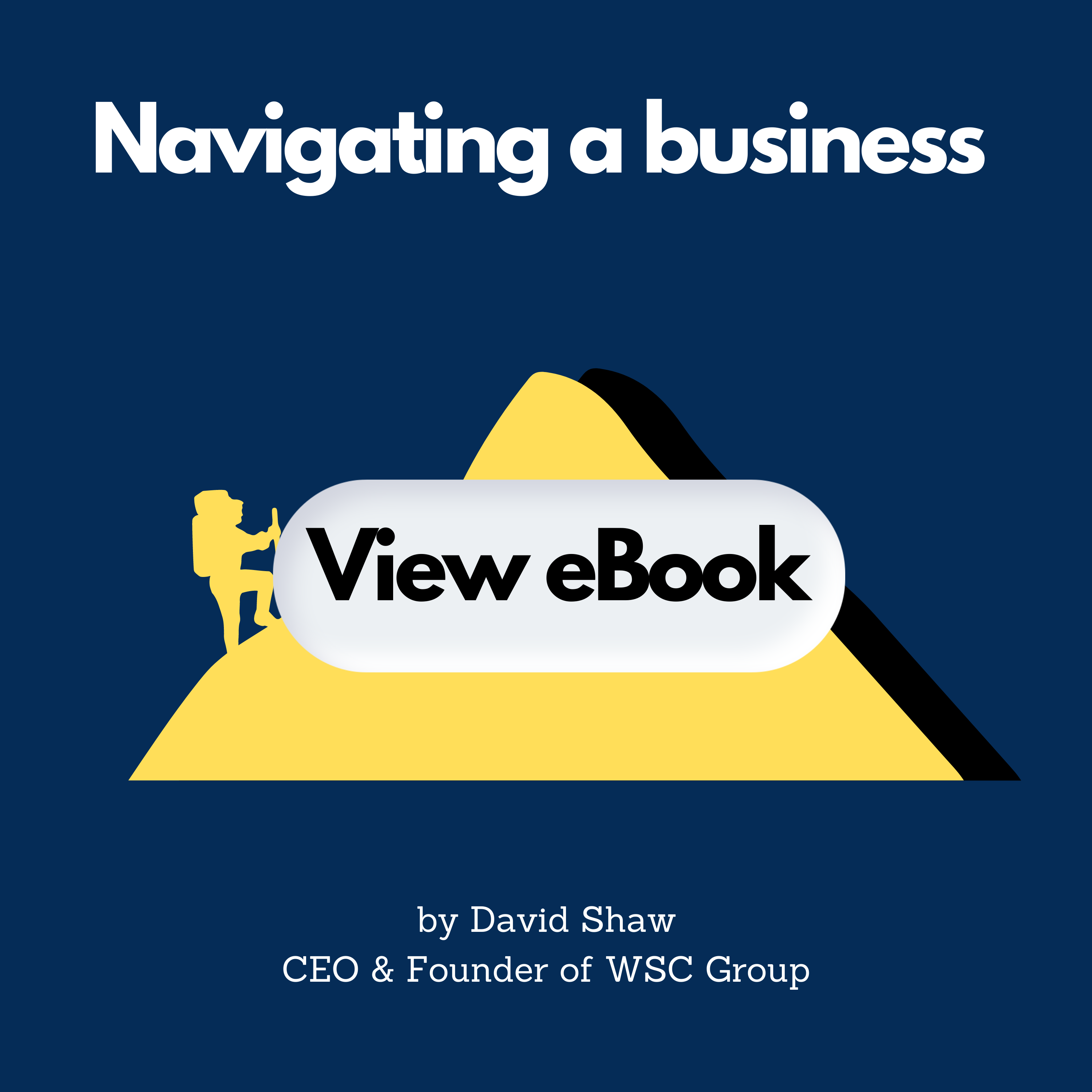
Latest News
Own an investment property or an expensive lifestyle asset like a boat or aircraft? The ATO are looking closely at these assets to see if what has been declared in tax returns matches up.
The Australian Taxation Office (ATO) has initiated two data matching programs impacting investment property owners and those lucky enough to hold expensive lifestyle assets.
Investment property
What investment property owners declare and claim in their personal income tax returns is a constant focus for the ATO. Coming off the back of data matching programs reviewing residential investment property loan data, and landlord insurance, the ATO have initiated a new program capturing data from property management software from the 2018-19 financial year through to 2025-26. Data collected will include:
- Property owner identification details such as names, addresses, phone numbers, dates of birth, email addresses, business name and ABNs, if applicable;
- Details of the property itself - property address, date property first available for rent, property manager name and contact details, property manager ABN, property manager licence number, property owner or landlord bank details; and
- Property transaction details - period start and end dates, transaction type, description and amounts, ingoings and outgoings, and rental property account balances.
While the ATO commit to specific data matching campaigns, since 1 July 2016, they have also collected data from state and territory governments who are required to report transfers of real property to the ATO each quarter.
This latest data matching program ramps up the ATO’s focus on landlords, specifically targeting those who fail to lodge rental property schedules when required, omit or incorrectly report rental property income and deductions, and who omit or incorrectly report capital gains tax (CGT) details.
Lifestyle assets
Data from insurance providers is being used to identify and cross reference the ownership of expensive lifestyle assets. Included in the mix are:
- Caravans and motorhomes valued at $65,000 or over;
- Motor vehicles including cars & trucks and motorcycles valued at $65,000 or over;
- Thoroughbred horses valued at $65,000 or over;
- Fine art valued at $100,000 per item or over;
- Marine vessels valued at $100,000 or over; and
- Aircraft valued at $150,000 or over.
The data collected is substantial including the personal details of the policy holder, the policy details including purchase price and identification details, and primary use, among other factors.
The ATO is looking for those accumulating or improving assets and not reporting these in their income tax return, disposing of assets and not declaring the income and/or capital gains, incorrectly claiming GST credits, and importantly, omitted or incorrect fringe benefits tax (FBT) reporting where the assets are held by a business but used personally.
Note: The material and contents provided in this publication are informative in nature only. It is not intended to be advice and you should not act specifically on the basis of this information alone. If expert assistance is required, professional advice should be obtained.














